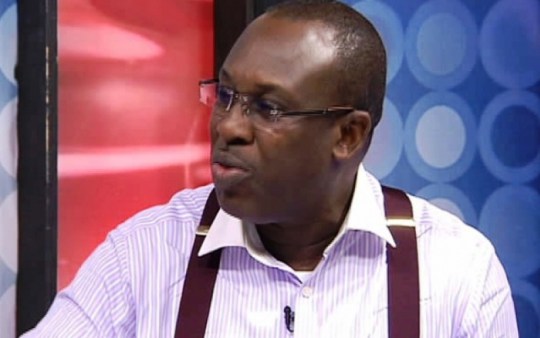
In recent discourse surrounding Ghana’s political landscape, Kofi Bentil, vice president of Imani, a known ardent supporter of Alhaji Bawumia, the Vice President (Nana Addo’s mate), has made statements that raise eyebrows and invite scrutiny.
Kofi Bentil’s assertions regarding the viability of independent candidates versus the potential for a Muslim to become president in a predominantly Christian nation like Ghana seem contradictory and laden with hypocrisy.
Firstly, let’s dissect Bentil’s claim about the impossibility of an independent candidate like Mr. Alan Kyerematen winning the presidency in Ghana. He argues that Ghana’s political system has been entrenched in a duopoly between the National Democratic Congress (NDC) and the New Patriotic Party (NPP) since 1992. While it’s true that these two parties have dominated Ghanaian politics, Bentil’s assertion overlooks the potential for shifts in public sentiment, the emergence of grassroots movements, and the possibility of disillusionment with established parties.
History is replete with examples of independent candidates and third-party movements making significant impacts on political landscapes deemed impregnable by conventional wisdom. Whether it be Emmanuel Macron’s rise in France or the success of various independent candidates in different democracies like Benin, where their last two presidents won as independent candidates, the idea that an independent candidate cannot win is not a foregone conclusion but rather a challenge to be overcome.
Moreover, Bentil’s stance raises questions about the health of Ghana’s democracy. If the political system is so rigidly controlled by two parties, it begs the question of whether genuine competition, representation, and diversity of ideas are being adequately fostered.
If Kofi acknowledges the potential for a Muslim president in Ghana despite the historical dominance of Christian leaders, why does he simultaneously dismiss the possibility of an independent candidate breaking the duopoly? Both scenarios challenge entrenched norms and require a shift in societal perceptions and political dynamics. If he thinks religious barriers can be overcome, why not political ones?
His statements underscore a deeper issue within Ghanaian politics: the prevalence of entrenched power structures and the resistance to change. By dismissing the potential for independent candidates while acknowledging the possibility of a Muslim president, Bentil inadvertently exposes the hypocrisy of his logic. True progress and democratic vitality require challenging existing norms and embracing diversity in all its forms, be it political, religious, or otherwise.
In conclusion, Kofi Bentil’s statements regarding the viability of independent candidates and the potential for a Muslim president in Ghana raise serious questions about his consistency and commitment to democratic principles.
Rather than accepting the status quo and perpetuating entrenched power dynamics, which have impoverished and made us international beggars amid abundant resources for the last 32 years, Ghanaian society must strive for inclusivity, diversity, and genuine democratic competition. Only then can the nation truly fulfil its democratic and development potential and ensure representation for all its citizens, regardless of their political, religious, or social background.
Shalom shalom
E. G. Buckman
